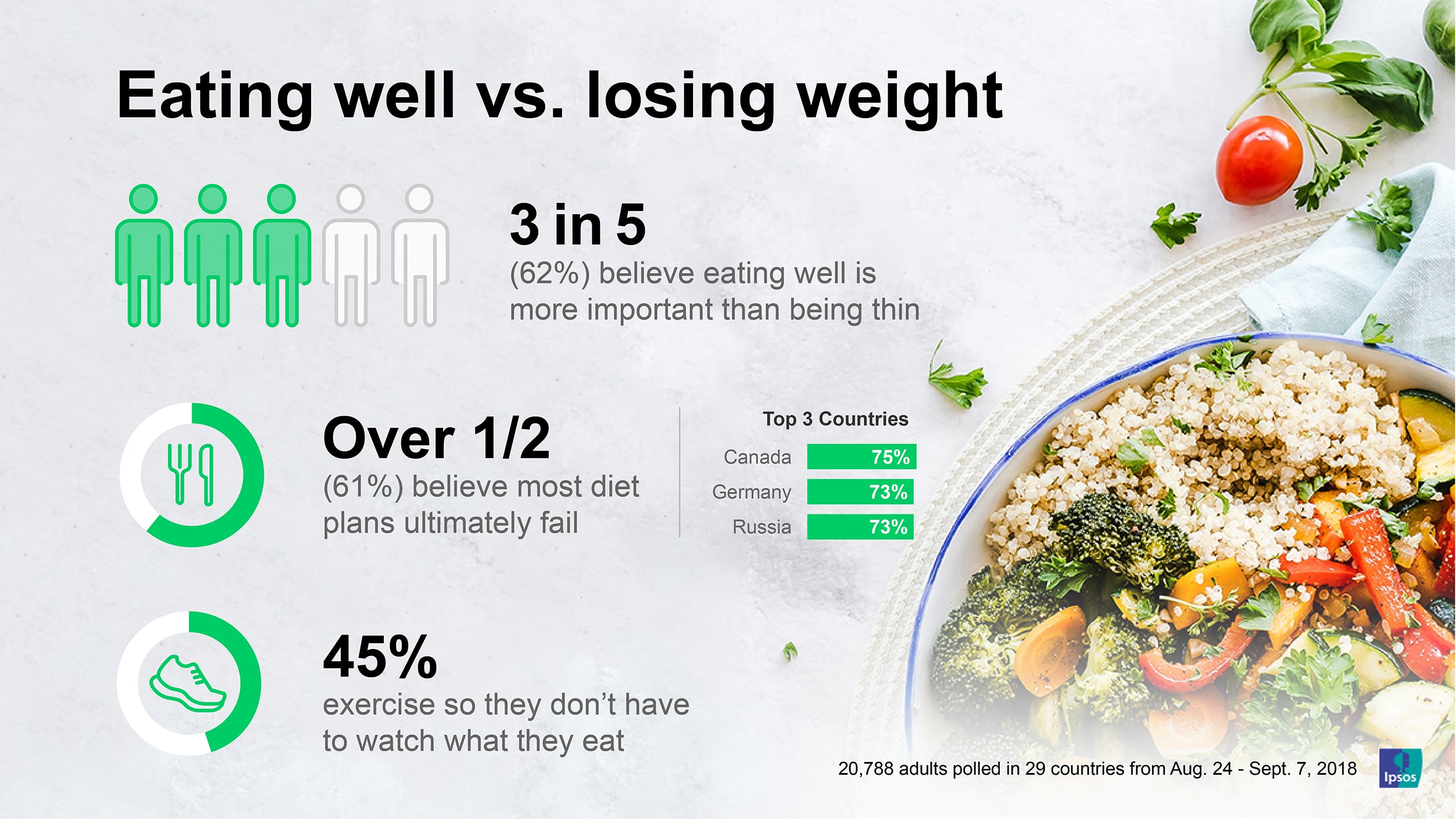Eating correctly and eating less are both important for weight loss and improved health, but they are not mutually exclusive.
Eating less, in terms of calorie intake, is crucial for creating a calorie deficit, which is necessary for weight loss. However, simply eating less without considering the nutritional value of food can lead to nutrient deficiencies and potentially harm your health.
Therefore, a balanced approach that focuses on both reducing calorie intake and prioritizing healthy, nutrient-rich foods is the most effective and sustainable strategy for weight management and overall well-being.

Eating Less (Calorie Deficit):
Weight Loss:
To lose weight, you need to consume fewer calories than your body burns. This creates a calorie deficit.
Reducing portion sizes, especially of high-calorie, low-nutrient foods, is a key strategy for lowering calorie intake.
Paying attention to hunger cues and eating until satisfied, rather than overly full, can help manage portion sizes and calorie intake.
Eating Correctly (Nutrient-Rich Foods):
Nutrient Density:
Focus on consuming nutrient-rich foods like fruits, vegetables, whole grains, and lean proteins. All these provide essential vitamins, minerals, and fiber.
Foods high in fiber, like fruits and vegetables, can help you feel fuller, potentially reducing overall calorie consumption.
A balanced diet with a variety of nutrient-rich foods supports various bodily functions, including immune function, energy levels, and disease prevention.
Replacing sugary drinks with water, choosing whole grains over refined grains, and incorporating more vegetables into meals are examples of eating correctly to support weight loss and health.
Balancing Both:
Sustainable Weight Loss:
A healthy approach to weight loss involves making sustainable changes to your diet and lifestyle, rather than relying on extreme calorie restriction.
Focusing on both calorie intake and food quality leads to more sustainable weight loss and better overall health outcomes.
If you’re unsure where to start or need help tailoring a plan to your specific needs, consult with a registered dietitian or healthcare professional.



